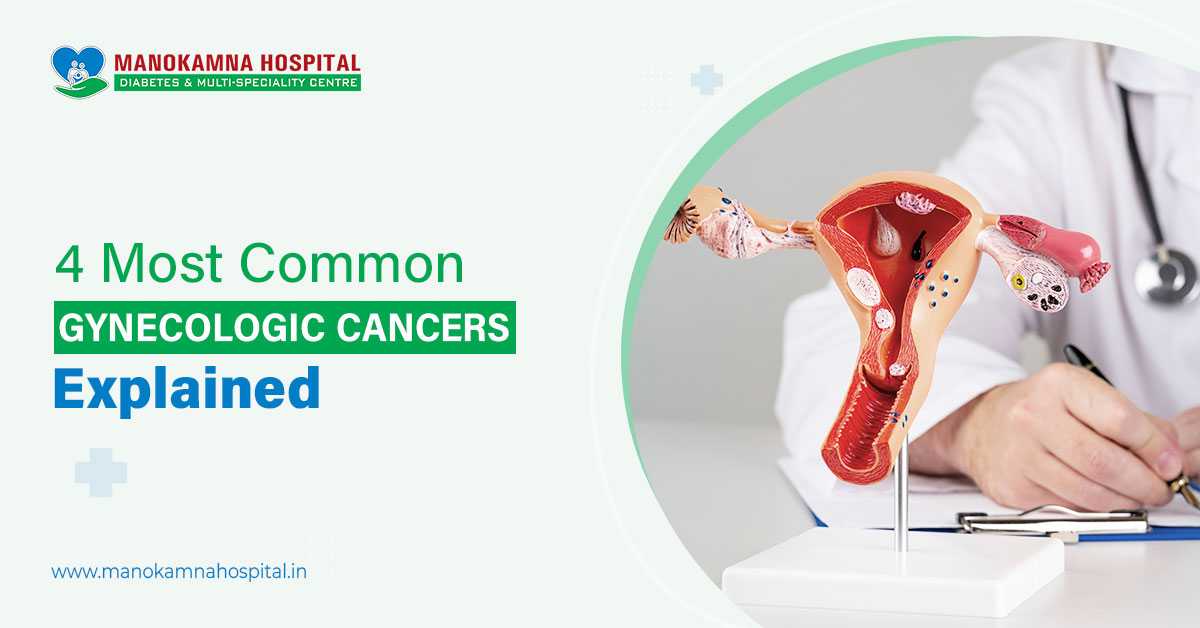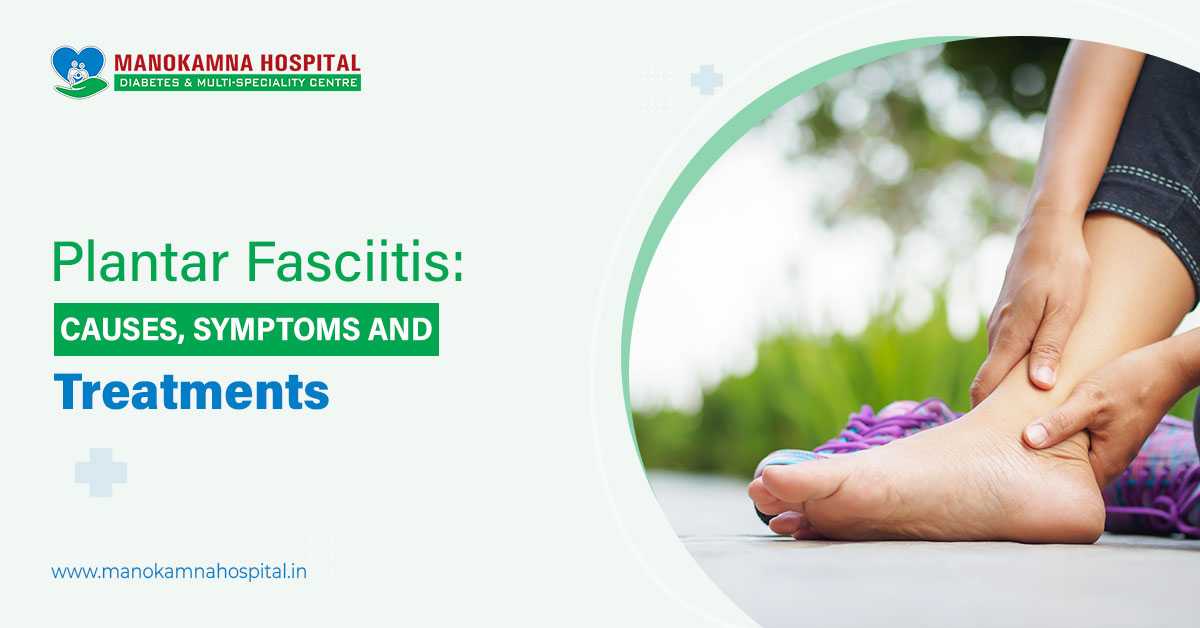Irritable bowel syndrome is one of the common gastrointestinal disorders. With irritable bowel syndrome, shortly termed IBS, you have a combination of symptoms like abdominal pain, gas, diarrhea, bloating. However, much remains unclear about the exact cause of IBS.
Medical attention for IBS is required. If you have been diagnosed with the condition, lifestyle modifications can benefit your healing. The doctor may order medications and psychological counseling/stress management if the condition is severe. See the best gastrologist at the top hospital in Siliguri.

Signs and Symptoms of IBS
The common symptoms of IBS include:
- Diarrhea
- Abdominal cramping
- Changes in a bowel movement/loose stool, constipation
- Bloating
- Too much gas
- Whitish stool/mucus containing stool
Individuals with IBS may experience episodes of constipation and diarrhea. Symptoms tend to be ongoing. For example, you’re experiencing bloating or gas. And after a bowel movement that discomfort resolves but can come back shortly. Certain conditions occur in severe cases.
There’s no doubt that poorly treated IBS is sure to affect your quality of life. Plus, IBS discomforts may flare up during periods in females. Without proper care through lifestyle choices, problems get worse than lessen. One should consider seeing a medical expert if the symptoms are recurrent. Getting such signs, however, doesn’t mean you have irritable bowel syndrome.
What Leads to IBS?
This interstitial disorder has certain risk factors, involving:
- People under 50
- Emotional stress
- Depression
- Anxiety
- Family history
- Digestive tract infections
- Being female
- Food intolerance
- Sexual abuse
- Extremely sensitive GI nerves
- Changes in gut microbes (bacteria, virus, fungi)
IBS Triggers can be emotional stress/tension, food, or medication intolerance. Know that triggers are what activate your discomforts but are not the cause. Some food or medicines may irritate your stomach.
For that reason, you should consult a medical expert. You may skip that food. But if you’re on prescribed meds, be sure to inform your doctor rather than stop taking those on yourself.

Medical Advice on IBS Healing
You may not identify if you have IBS. Health assessment under a doctor determines the condition. No specific test is there to diagnose IBS. The expert may examine your symptoms, and ask you if you have depression or mental stress issues.
Apart from a physical examination, other tests/procedures may include – a blood test, X-ray, CT scan colonoscopy, stool test, lactose intolerance test, and upper endoscopy. Not every patient requires all these tests. Here medical care focuses on easing the signs/discomforts of IBS.
Maintaining dietary fiber, avoiding certain food items, practicing regular exercise, and having quality sleep are important. Stress management is of utmost significance. Seek professional advice on keeping your mental and emotional well-being in a good state.
Whole grains, fruits, vegetables, and nuts intake should be in your day-to-day diet. In addition, you no need to overconsume these. Refrain from caffeinated or alcoholic beverages. Smoking, tea, soda, milk, and chocolate consumption can also inflame your GI tract. Get a gastrologist’s guidance at the leading nursing home in Siliguri.
Medical care may involve meds for diarrhea, stomach aches, gas, bloating, antidepressants, probiotics, psychological therapies, etc. The best preventive step is practicing a healthy lifestyle. This GI condition doesn't increase the likelihood of colon cancer. Since there’s no exact cure accessible, life-long health care is central to wellness.




